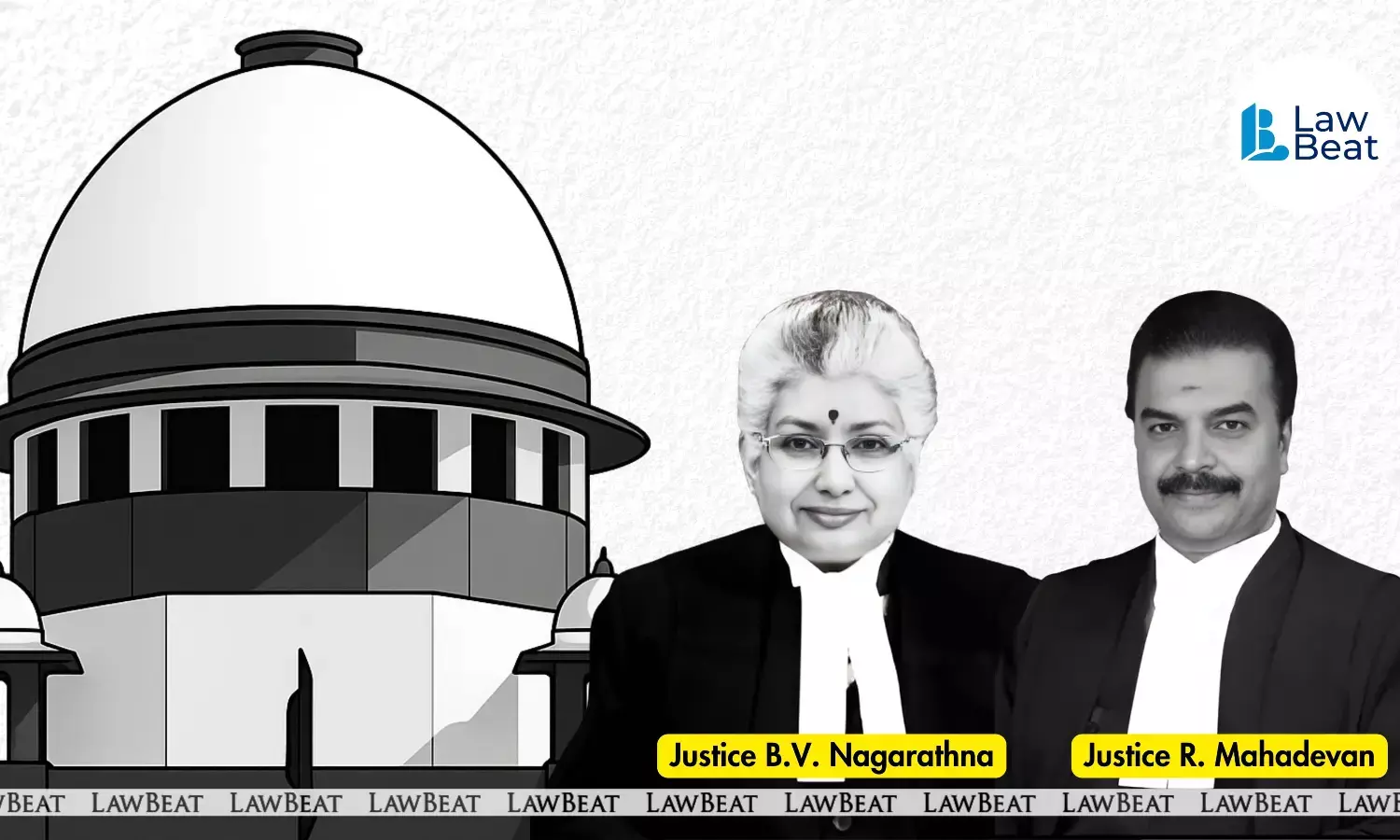'Every Sour Relationship Can’t Be Branded Rape’: Supreme Court Quashes Case Against Advocate

Supreme Court quashes rape case against advocate, saying long consensual relationship is not rape on promise of marriage
The Supreme Court on November 24, 2025 quashed a criminal case against an advocate accused of rape on the promise of marriage, filed by a married woman during the pendency of her matrimonial dispute with her husband.
A bench of Justices B V Nagarathna and R Mahadevan held that the case arose out of a consensual relationship and that the woman’s conduct clearly reflected consent, free from coercion, fraud, or misrepresentation.
The bench noted that courts have repeatedly observed a troubling trend of failed or broken relationships being portrayed as criminal offences.
"The offence of rape, being of the gravest kind, must be invoked only in cases where there exists genuine sexual violence, coercion, or absence of free consent. To convert every sour relationship into an offence of rape not only trivialises the seriousness of the offence but also inflicts upon the accused indelible stigma and grave injustice. Such instances transcend the realm of mere personal discord. The misuse of the criminal justice machinery in this regard is a matter of profound concern and calls for condemnation,” the bench said.
Allowing the plea filed by appellant Samadhan, court found the high court’s refusal to exercise its jurisdiction under Section 528 of the BNSS unsustainable. It held that the acts complained of had taken place within a voluntary and willing relationship.
"The continuation of the prosecution in such facts would be nothing short of an abuse of the court machinery," it said.
The FIR had been registered on August 31, 2024 for offences under Sections 376, 376(2)(n) and 507 of the IPC at City Chowk Police Station in Chhatrapati Sambhajinagar.
According to the complainant, she met the appellant in connection with her ongoing matrimonial dispute. During this period, she alleged, they engaged in sexual relations multiple times from March 12, 2022 to May 20, 2024, and she became pregnant thrice but terminated the pregnancies at his insistence.
The appellant, however, said it was implausible that he could have forced himself upon her for years without protest or complaint. He claimed the criminal case was filed only after he refused her demand for ₹1,50,000 in August 2024.
Examining the record, court said that in genuine cases under Section 376(2)(n) IPC, the pattern typically involves an initial act of sexual assault followed by repeated acts under fear, pressure, captivity, or continued deception, particularly when the woman is left vulnerable.
"We find that the present case is not a case where the appellant lured respondent No.2 solely for physical pleasures and then vanished. The relationship continued for a period of three long years, which is a considerable period of time. They remained close and emotionally involved. In such cases, physical intimacy that occurred during the course of a functioning relationship cannot be retrospectively branded as instances of offence of rape merely because the relationship failed to culminate in marriage,” court observed.
The bench acknowledged that in a societal context where marriage holds deep social and cultural value, it is not unusual for a woman to place complete trust in her partner and consent to intimacy based on the assurance of marriage.
"In such circumstances, the promise of marriage becomes the very foundation of her consent, rendering it conditional rather than absolute. It is, thus, conceivable that such consent may stand vitiated where it is established that the promise of marriage was illusory, made in bad faith, and with no genuine intention of fulfilment, solely to exploit the woman,” it added.
Court stressed that the law must protect genuine cases where trust is breached and dignity violated, but its application must rest on credible evidence.
"At the same time, the invocation of this principle must rest upon credible evidence and concrete facts, and not on unsubstantiated allegations or moral conjecture," the bench said.
After reviewing the material, court concluded that the case did not warrant the application of Section 376(2)(n) IPC.
"The facts of the present case unmistakably indicate that it is a classic instance of a consensual relationship having subsequently turned acrimonious,” it held.
Case Title: Samadhan S/o Sitaram Manmothe Vs State of Maharashtra & Another
Judgment Date: November 24, 2025
Bench: Justices B V Nagarathna and R Mahadevan
